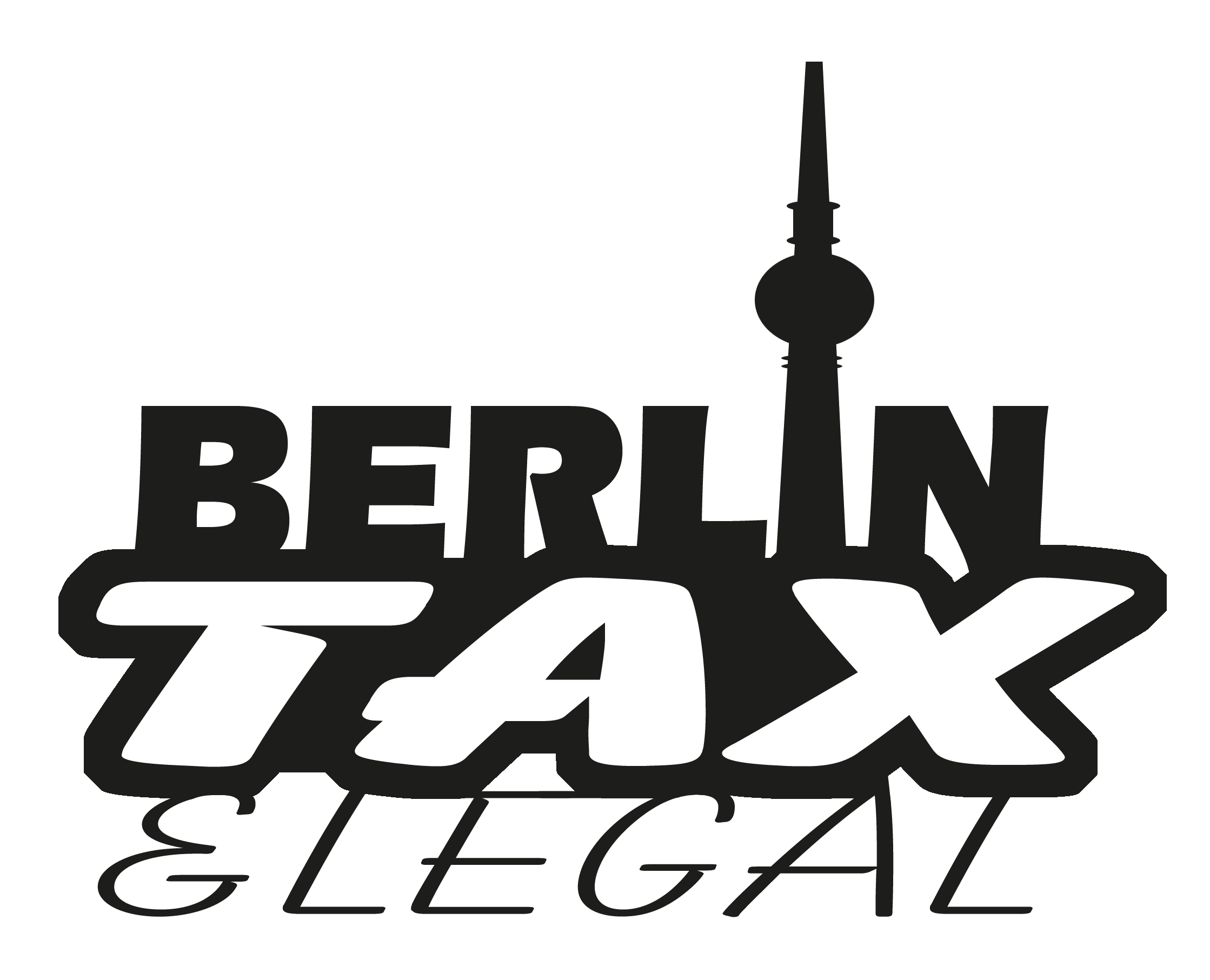BERLIN AND GERMANY
Does Berlin represent Germany? Yes and no.
Germany’s economic powerhouses are primarily elsewhere. But the times they are a-changing (Bob Dylan): When I started this blog in 2015, not one DAX-30 company was based in Berlin. Six years later, in 2021, four DAX-40 companies were based in Berlin: Delivery Hero and Deutsche Wohnen were promoted in 2020, Zalando and Hello Fresh in 2021. (Local media now also count SIEMENS as a Berlin company.)
But in general, Munich, Stuttgart, Frankfurt, the Rhineland area (Düsseldorf/Cologne/Bonn) and Hamburg are home to most German multinationals. Germany’s “hidden champion” companies are spread over rural districts such as the Black Forest, Sauerland, Siegerland, Münsterland and areas in Bavaria. “Rural” is a misleading term as these areas normally boast of a very good infrastructure, including universities.
The reason for Berlin’s lack of large business (industry) champions is simple: Businesses left Berlin (and Eastern Germany as a whole) due to the division after 1945 and West Berlin’s isolation in the years to come. For instance, SIEMENS moved its headquarter out of Berlin and has since then thrived from Munich and elsewhere.
Berlin’s split was finalized in 1961. On 13 August 1961 a “wall” was erected, meant to last forever. Brandenburger Tor became a no-go-zone, West Berlin an “island”, attracting inter alia Western German men that had decided to “opt out” of the compulsory military service. West Berlin residents where exempted from military service.
Personally, I grew up in Berlin-Friedrichshain in the 1980s looking at “The Wall” and beyond virtually everyday. Riding the S-Bahn train through Prenzlauer Berg and Mitte I saw kilometers of “Wall”. Our football pitch was 400 meters away from the Wall. When Michael Jackson played in West Berlin in 1988 the sky was lit all over Berlin and beyond. I watched from the shores of Krossinsee, one of the lakes surrounding Berlin. In the late 1980s there were constantly fireworks, as a signal to the other side: 1987 in East and West to celebrate 750 years of Berlin, the last enormous one on 7 October 1989 to the East of The Wall, celebrating 40 years of the “German Democratic Republic.”
1989 The Wall came down an. Berlin continues to re-invent itself everyday. It is up to everyone living here (or moving in) to re-define Berlin. David Bowie has played his part as a West Berlin resident in the 1970s (“Heros”). U2 have contributed in 1990 (“Achtung Baby” album). The techno scene and artists like Paul Kalbrenner did so in the 1990s and beyond.
Berlin keeps on attracting creative minds from all over the world. The city is changing at fast pace. Businesses are expanding and moving in.
Today, Berlin’s business structure is made up predominantly of (i) regulatory” affairs, real estate, and digital and internet ventures.
Berlin is now one of the world’s start-up hubs.
The city’s rhythm is still different compared to other metropolitan areas. But it is becoming “more bustling” every day.
Berlin “symbolizes” and formally “represents” Germany. But Berlin alone will not give you a fair picture of Germany and the German economy.
Berlintaxlegal.com is a tribute to (i) my hometown and (ii) Germany’s constantly changing tax law environment.

Leave a Reply